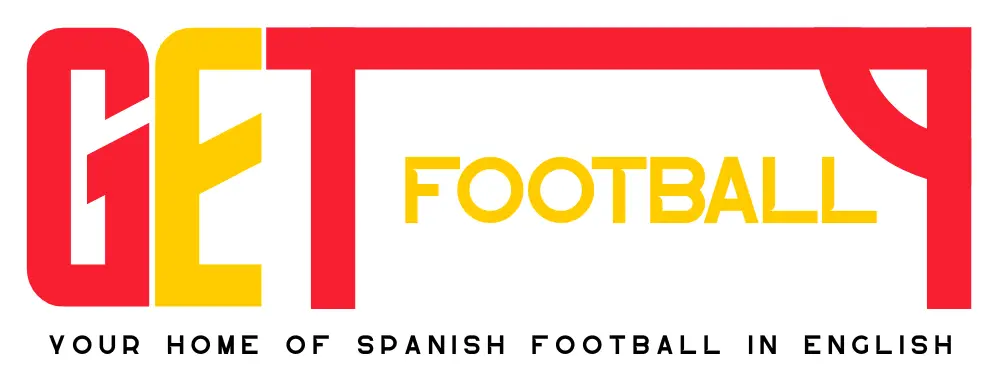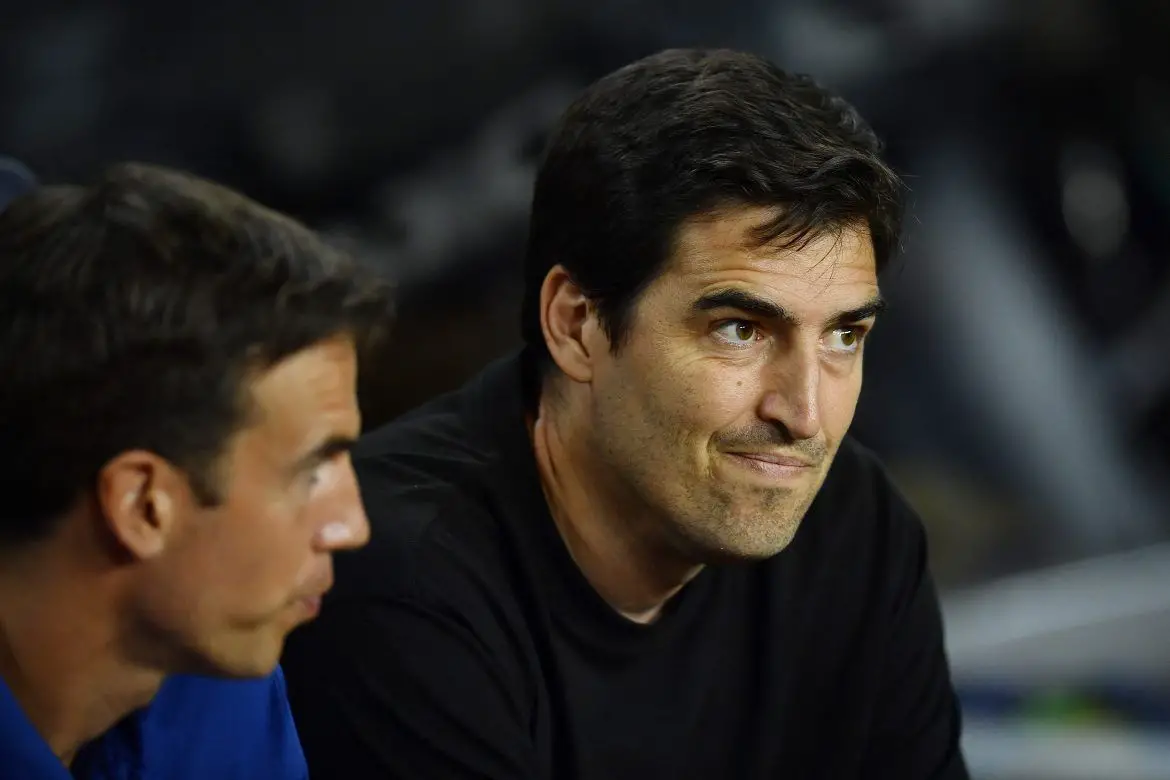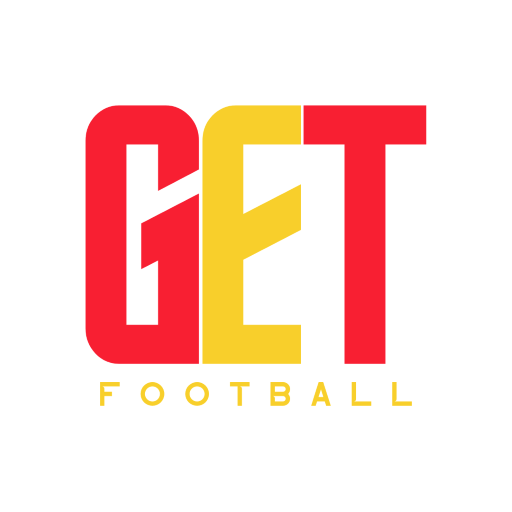Rayo Vallecano head coach Andoni Iraola has sat down with Relevo for an exclusive interview, where he discussed playing under Patrick Vieira, managing Rayo Vallecano, and his love of German football.
What is the first thing you would do if you arrived at a club in the middle of the season?
“It’s something I haven’t had the chance to do yet, but I’d prioritise tactical sessions and work without the ball. Knowing what we have to do and what each player’s role is without the ball, and then building from there, because with the ball you need more time. On the other hand, without it, you can lay the foundations of something solid. It’s always said that teams that don’t have the ball are reactive, but I don’t agree. You can be very proactive without the ball: where you want the opponent to play, which players you want to receive the ball… you can do a lot of things.”
In 2015 you went to play for New York City, where you had Patrick Vieira as your coach and ended up playing as a pivot in a 4-3-3 after a career as a full-back. Did this change give you a new perspective on the game?
“I came from a more aggressive style of football, attacking from the outside, a lot of crossing… and Vieira as a coach was from the school of [Manchester] City, a more positional style of football. It was a very enriching experience. At that stage I didn’t have the legs to be a full-back, so he put me on the inside or as an inverted full-back, and that gave me another perspective, opened my mind, and helped me a lot in the process of becoming a coach.”
On German football
“Marco Rose’s Gladbach were one of my favourite teams. I like German football a lot because as a fan I love it when things happen. It’s not like ‘you attack for two minutes and then it’s our turn’. The player has to play more and there are more roles because everyone is attacking and defending, that’s why I like that kind of football where the player does everything. Attackers press as defenders, central defenders drive forward. It’s very complete and tactical football, that’s why I liked Rose’s Mönchengladbach, you could see it was well worked.”
Your team gets good results against the big teams in Spain. How do you work against such high-quality opposition?
“The big teams give you opportunities that the rest don’t. If you go man-to-man against everyone, most of them will play long and you won’t be able to win the ball. You often have to let the opposition start in such a way that they are uncomfortable and you can direct them in a direction before stealing the ball. You have to set traps, let them start, and when they get the ball moving that’s when we go all out.”
You have had Bielsa and Valverde as coaches, have you copied anything from their group management?
“In this area, it’s much more difficult to copy than it is with tactics, because you are the way you are and you can’t hide it. You have to be as close as possible to the real you. Sometimes you can’t be as close to the player as you want to be because you are often the bad guy. The key to success is to be authentic and always try to help the team.”
GSFN










